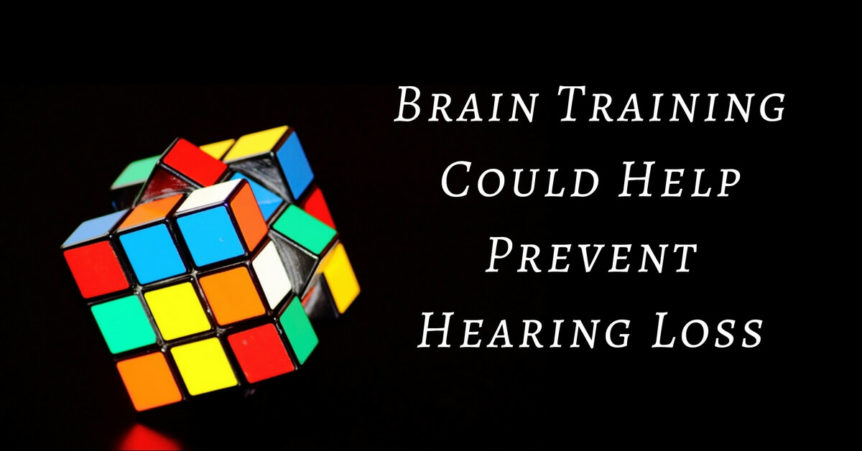What are video games good for? We know they can help us organize candy, defeat space invaders, and collect an absurd amount of (virtual) gold, jewels and Pokemon. Beyond the fun stuff though, the role of games as tools has been steadily expanding – and now, they may also be able to help us train our brains to hear better.
“Gamified” approaches to everyday tasks have been making waves in culture as a technique for bringing new types of energy and engagement to things like physical exercise, mathematics education and voting. Now, new research from the Harvard Medical School and the Massachusetts Eye and Ear Infirmary is forging a game-based approach to better hearing, and they are getting exceptional results.
Game Time
How did the dots connect between hearing therapy and a video game design? Daniel Polley, head of the Harvard research team cites the project’s origins in the hearing acuity of aging musicians. Previous research has found that musicians have a distinctly easier time picking out sounds from background noise when compared to non-musicians. In this observation, the research team sought to design a “brain boot camp” that could produce similar sound focusing tasks to musicianship.
What developed was a puzzle game in which the player has to spatially locate sound amidst background noise. By following a changing, moving tone, players trace and then unlock a hidden puzzle piece. Listening becomes increasingly challenging as the game progresses, with a track of background noises gradually increasing in volume.
The Study
Polley’s team looked at a small group of people with hearing loss, an initial sample of 24 people. The research initially tested the participants’ ability to distinguish sounds and words from background noises and then assigned subjects to one of two courses of digital therapy. One group worked with the aforementioned tone-tracing game. The second group was given a memory puzzle game to engage with.
After two months of game-training, subjects were given another hearing evaluation. While memory game users showed no change in their hearing abilities, subjects using the tone-tracing game could distinguish 25% more words and phrases from background noise. This striking improvement points to the potential of hearing games to hone a person’s hearing capabilities.
Practice Makes Perfect
What was extremely noticeable about the study’s results was the ability of subjects to translate skills they learned through tones into mechanisms for discerning speech. Despite the small size of the study, the game at its heart shows remarkable potential as a quick-acting and effective way to practice and learn hearing skills. Much like reading aloud is suggested as a way to train damaged hearing to adapt to hearing aids, here tonal sound locating skills are developed intuitively. The game also holds true to its roots in finding hearing skills in musicianship. The designers of the program hoped the game would replicate a musician’s focus and attentiveness to finding a specific note, even amongst other noises.
It seems that although the tracing-tonal game play is therapeutic for damaged hearing, the effects are not long lasting. After an eight-week study period where participants worked with the game to hear more acutely, the positive effects wore off after eight weeks of no exposure to the game.
Level Up
With such dramatically successful results – hearing improvements were experienced in all study participants not given the memory game –the future looks bright for developing the project further. Polley and team are looking for ways to refine the game model they currently have as well as investigate other approaches to “gamified” hearing therapy. Through further study, researchers hope to develop ever-more effective strategies for coping with hearing loss and rehabilitating hearing ability.
Although listening practice, like the tonal game, can hone hearing acuity, most hearing loss is still irreversible. Hearing aids are the most consistent and effective solution to significant hearing damage. Hearing aids and devices help people with limited ranges of hearing experience missing sounds. Through selective amplification, hearing aids deliver a fuller palette of sounds to the user. Often new hearing aid users complain that it is difficult to distinguish speech within amplified background noises, which is where the skills learned by tonal tracing may be best applied. In a combination of hearing treatments and therapies it seems new options in hearing health are just beginning.

